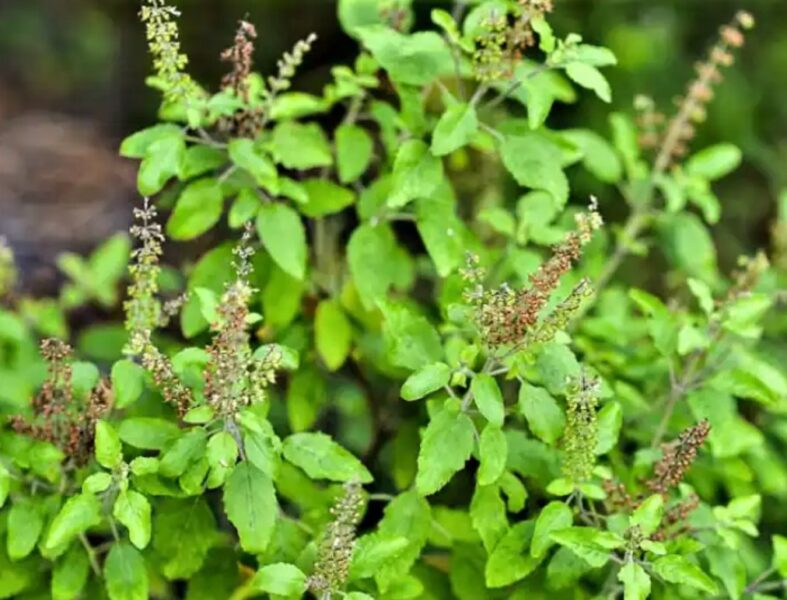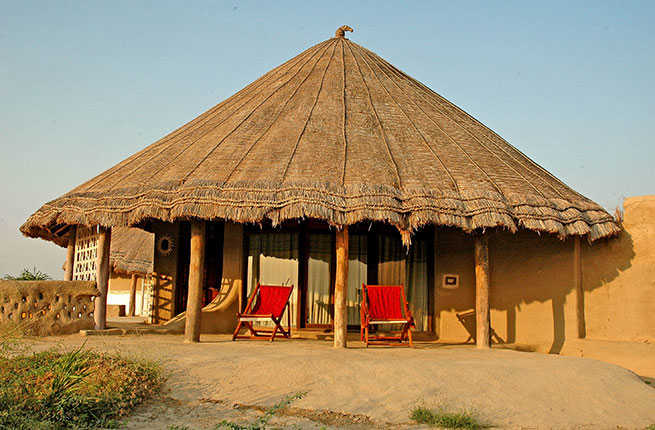

Although most foreign tourists visit Indian cities like Delhi, Mumbai, and Calcutta, 75 percent of the population still lives in the countryside. Even though tradition still exists in rural India, communities there are becoming hubs for sustainable living research. Visitors seeking creativity and innovation—or simply a vacation from the grind of city life—may plan a trip to one of India's blooming eco-villages, where they can discover local approaches to some of our planet's most urgent environmental issues. Several even accept volunteers.
Arna Jharna
Location: Jodphur, Rajasthan
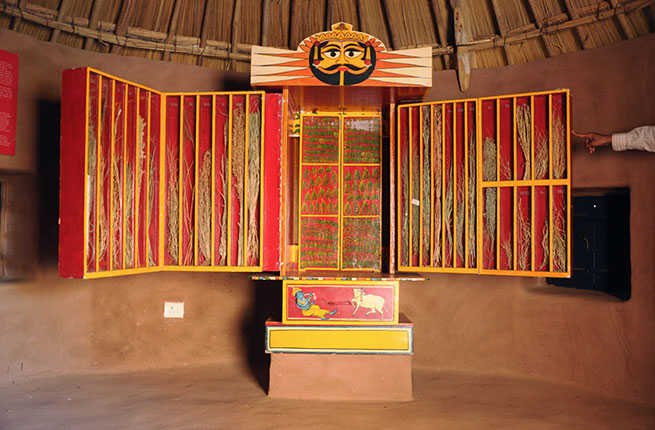

This eco-community includes an ethnographic museum constructed on the site of a former sandstone mine, and it is focused on achieving harmony between the desert and its residents.
The museum promotes regional customs—a three-year-old exhibit featuring 160 varieties of Rajasthani brooms that includes broom-making workshops—and acts as a refuge for desert flora and animals. Most of its customers are Rajasthan's rural population. However, foreign tourists can also stay there and eat there.
Auroville and Sadhana Forest
Location: Pondicherry, Tamil Nadu
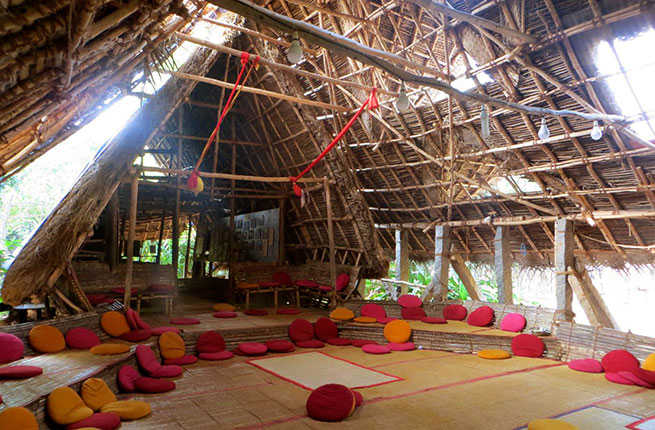

India's most well-known eco-village is still Auroville, a utopian spiritual community located on Pondicherry's scorching, dry outskirts. However, it was started in 1968 by a French immigrant named Mirra Alfassa, Sri Aurobindo's longtime spiritual companion and affectionately referred to by her followers as "The Mother." 2,500 people worldwide now call it home, and many more visit it yearly.
While the pervasive depiction of "The Mother" may not be to everyone's taste, Auroville also functions as a test site for sustainable living. It offers courses in permaculture and natural construction, among others, and serves good, locally sourced cuisine at its restaurants. Long-term volunteers are welcomed at the nearby Sadhana Forest, which is unrelated yet holds similar values.
Govardhan Eco-village
Location: Palghar, Maharashtra
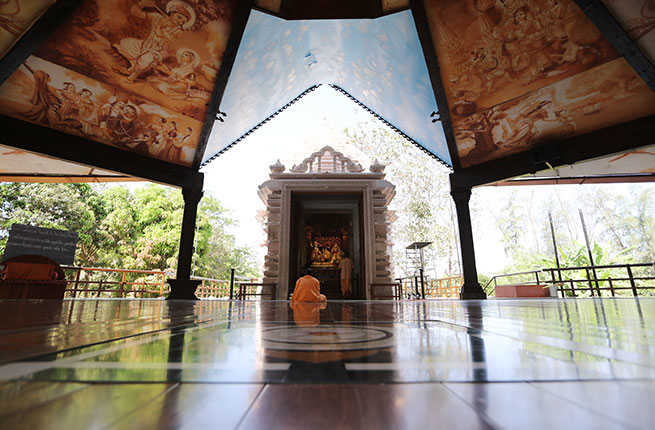

This eco-ashram is situated near the foothills of the Western Ghats and is a UNESCO World Heritage Site 70 miles north of Mumbai.
Govardhan village is run by ISKCON which is often known as the Hare Krishna movement outside India. It focuses on various environmental initiatives, such as water conservation and green building practices, some of which are based on age-old Vedic customs. The facility hosts yoga and organic gardening classes and encourages volunteers.
Kedia Village
Location: Jamui, Bihar
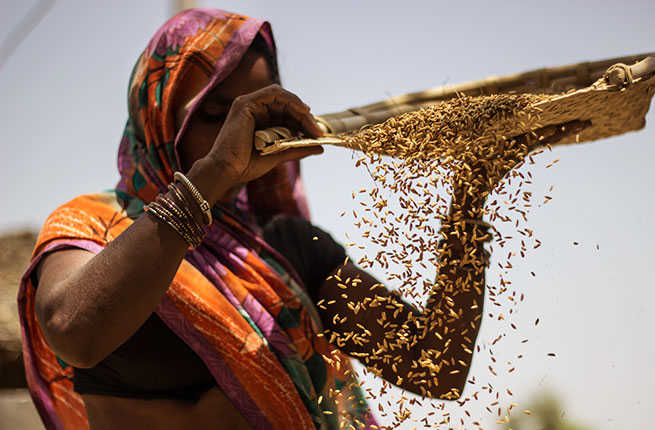

There isn't much positive news coming out of India's agricultural industry these days, and a spate of farmer suicides has damaged its reputation overseas. Chemical fertilizers promoted by businesses and supported by the government have caused a lot of soil erosion. But Kedia has become a success story in sustainability.
The Bihari hamlet was transformed into an eco-farming community in 2014 with assistance from Greenpeace India, and it is now wholly chemical-free. The villagers produce fertilizers and insecticides from organic sources. Each home has a biogas plant that turns waste into electricity.
Kedia undoubtedly warrants a visit, especially with its scenic landscapes and glimpse into Bihari rural life.
Siddharth Village
Location: Bhubaneswar, Orissa
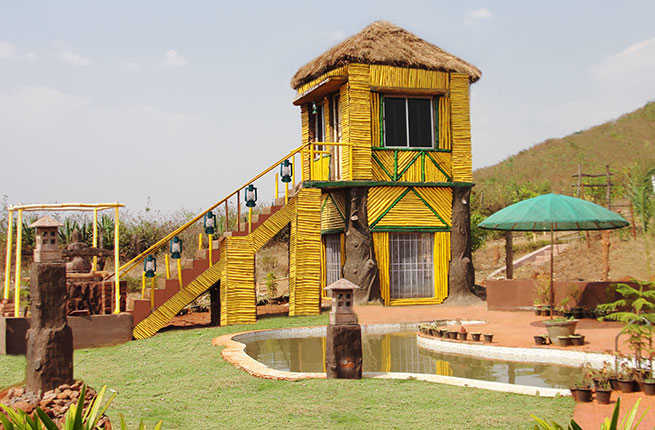

Siddharth works with 200,000 tribal people in an extensive network of eco-villages spread throughout the eastern state of Orissa. It promotes indigenous culture, organic agricultural methods, and farmer training.
Visitors are invited to stay at the organization's charming headquarters in the lush Barunei Hills, outside Orissa's state capital. Visitors may organize homestays in nearby villages and tours to other towns. Orissa Nari Samaj, a federation of 54 indigenous women's organizations, receives one-third of all revenues.
Shaam-e- Sarhad Village
Location: Bhuj, Gujrat
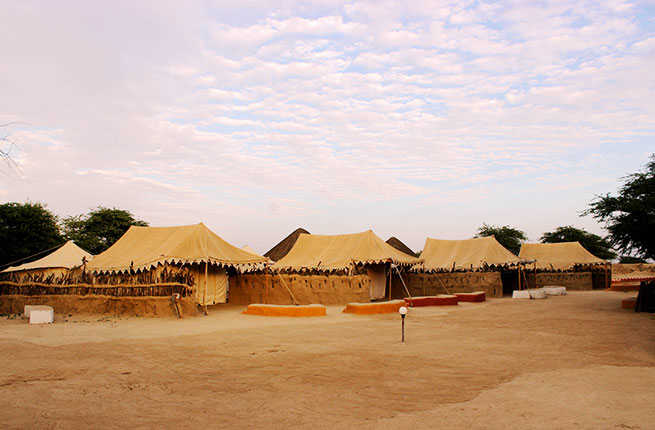

Despite not being an authentic village, this eco-resort is a pioneer in promoting sustainable lives in rural India. The resort is situated in the Gujarati grasslands. It works in conjunction with the UNDP. It aims to maintain the local cultures by utilizing traditional mud-brick and thatched homes and organizing trips to artisan workshops while bringing attention to the area's delicate ecology.




